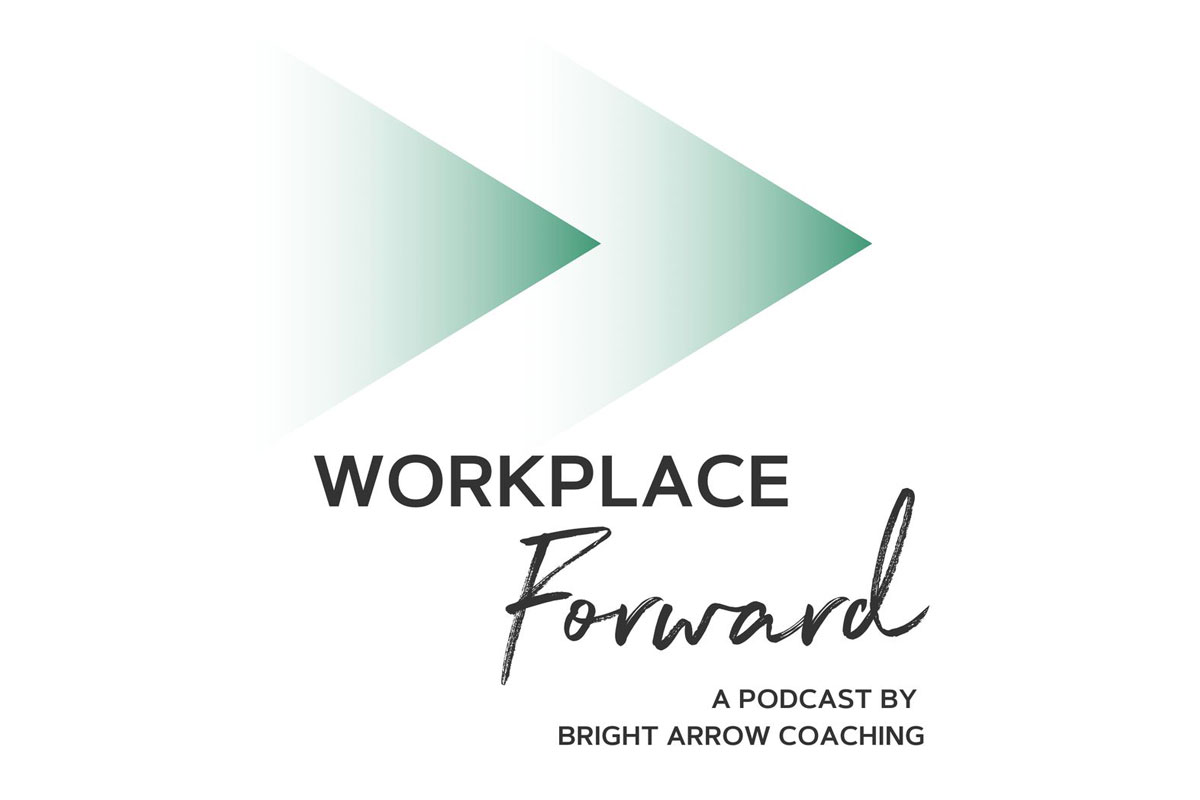This article was previously published on Forbes.
We’ve all had coaches (mostly from childhood sports). Just because you “grow up” and enter the professional world doesn’t mean you should ever stop searching for the right coach, especially as an executive. But first, you’ve got to understand what coaching really is.
Coaching is a process. The client may choose to put a spotlight on specific aspects of life, leadership or (ideally) a blend of the two. The coaching model provides a safe place for the client to talk about their perceived shortcomings, opportunities for growth, their fears, aspirations and the relationship to self and others.
Coaches focus on your personal and professional growth. They help you identify your strengths and opportunities for development (usually via specialized tools, assessments and stakeholder interviews). You will work with your coach to co-create a development plan that will help you achieve targeted goals. And you get out of it what you put in.
A trained, certified coach helps you leverage your gifts, overcome internal “blocks” or limitations, and take action. The overarching goal is to maximize your potential and create lasting change.
People often confuse coaches with consultants. Consultants are paid to give you specific answers and will promise you targeted outcomes or deliverables. (Any coach who offers you those things is unlikely a trained coach and is certainly acting more as a consultant.)
But where do you start with even finding the right person to work with?
1. They’ve got to have credentials.
Coaching is currently an unregulated industry. This means anyone can refer to themselves as a coach. With that in mind, look for coaches who graduated from programs that are credentialed by the International Coach Federation (ICF). The ICF ensures that coaches complete a certain amount and specific quality of education, requires they pass exams and abide by a strict code of ethics. In order to maintain their credentials, the coach is required to continue their education and development. You can easily vet credentials by searching online to find out if the coach went to an ICF-accredited coaching school.
2. What’s their specialty?
There are coaches out there who are super strong generalists. They really know how to dig in and help their clients excavate whatever is most important to them. In addition, there are myriad of specialties out there! There are big buckets like life coaching and executive coaching. There are further narrow specialties like divorce coaching, career coaching, LGBTQIA-focused coaching, leadership group coaching and team coaching. The list goes on. The best way to select a coach with a specialty that is right for you is to ask if your needs fall into their specialty. Most coaches have a cohort of trusted professionals they can refer you to if they aren’t the right one.
3. Try before you buy.
I’ve never met a coach who didn’t offer a complimentary coaching session or discovery session so that you can (mutually) assess fit. If you’re considering executive coaching, your learning and development or human resources department may have a vetting process they ascribe to. Here are a few things to look for in your first session:
- Synergy: Personality counts. Would you want to tell this person your biggest fears and joys? If hiring an executive coach, would you be comfortable putting them in front of your C-level executives?
- Minimum commitment: Don’t get locked into an endless contract, but understand that change takes time. Six or twelve-month commitments are common. Find out the minimum commitment, frequency of meetings, etc.
- Expected outcomes: While it is part of the process to set goals for the coaching engagement, if the coach promises you specific outcomes, you should run for the hills. You have the most control of the outcomes, not the coach!
- ROI for organizations and executives: Again, while the coach cannot promise an increase in productivity by X%, increased sales or improved attitudes and skills, what they should be able to articulate for you is how to calculate the ROI of typical coaching outcomes.
- Success stories: Anecdotes count! Ask for a success story or two. When they share, it will tell you how they define success and give you some indication if it’s in alignment with how you define success. Hint: The coach should define success as however their client defined success in that story.
- Their own work/journey: Don’t hire a coach who doesn’t work with their own coach on occasion. Trained coaches are obligated to do deep inner work and development before they begin coaching others and should always have a focus on their own continued journey. This is how we grow and bring new skills and ideas back into our own practices!
Whatever your goal, you can benefit from a coach. By knowing what questions to ask when selecting a coach, you’ll be on your way to taking your individual professional game (and perhaps your organization’s growth) to the next level.









